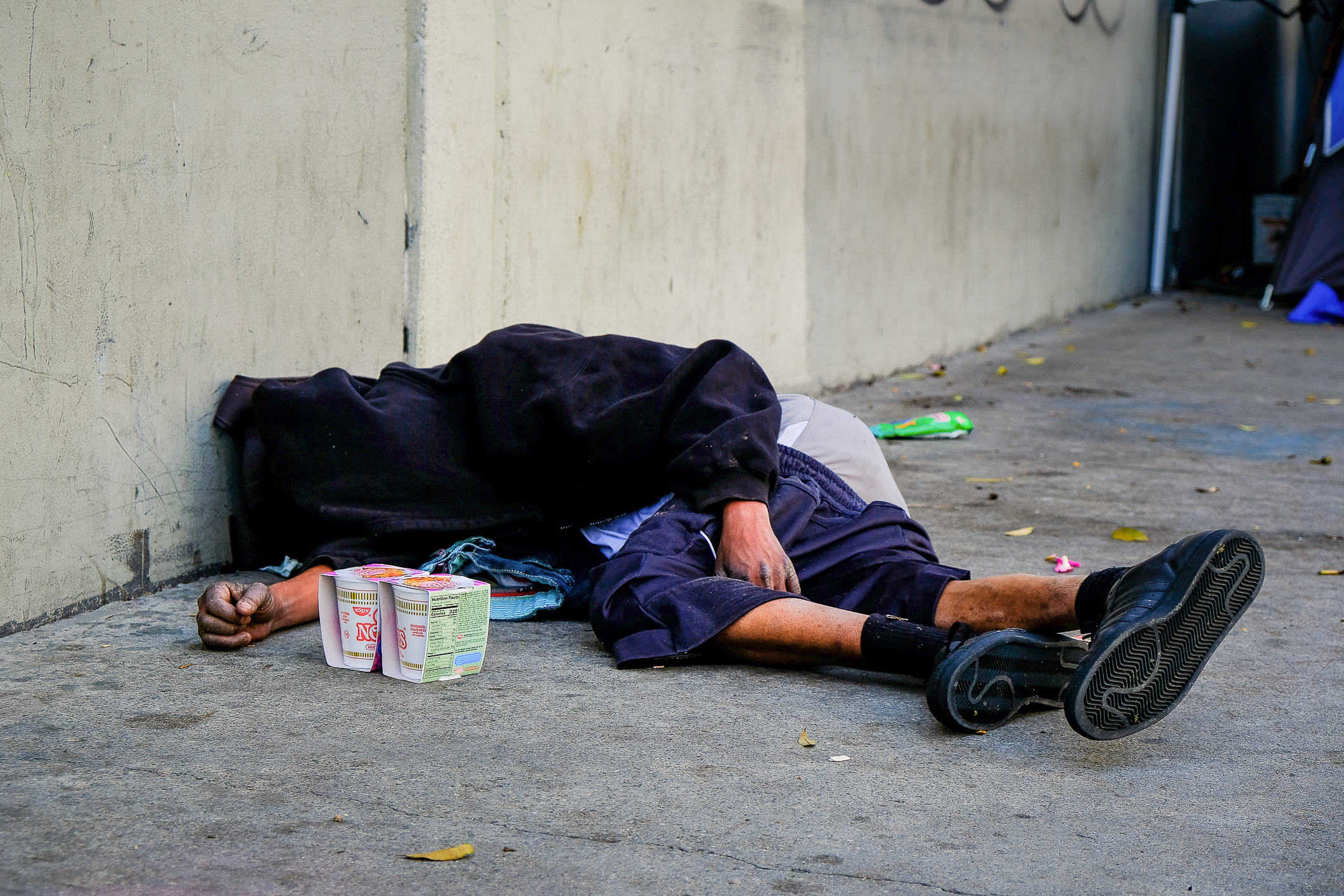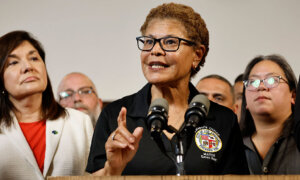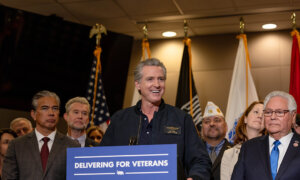LOS ANGELES—The Los Angeles City Council voted May 9 to approve a report calling for the appropriation of funding, staffing, and other resources to expand street medicine teams and services at all city-funded interim housing sites.
The council directed its city administrative officer to report back within 30 days with recommendations that would increase the teams and enable them to provide medical, mental, and behavioral health services.
The council also directed its chief legislative analyst to seek state and federal grants and potential agreements with the county of Los Angeles’s departments of mental health and health service as possible funding sources.
Councilwoman Nithya Raman introduced a motion in early April seeking to invest in the city’s street medicine services. According to the motion, the city had already made a sizeable investment in the program, expanding it in February from one to three teams that serve Council Districts 1, 4, 8, 9, 13, and 14.
The motion cited an urgent need to provide more on-site medicine services at interim shelters, many of which are not equipped with the staff or resources to provide necessary services for unhoused Angelenos.

Los Angeles councilwoman Nithya Raman attends Women's March Action: March 4 Reproductive Rights at Pershing Square in Los Angeles, on Oct. 02, 2021. (Amy Sussman/Getty Images)
“Recent surveys and studies indicate that 40 percent to 67 percent of homeless Angelenos have either a mental illness or a substance abuse disorder, while over 20 percent have a physical disability,” the motion says.
The teams provide services such as general medical care, preventive care, wound care, behavioral health services such as counseling, therapy and medication treatment, addiction recovery services, and medical care management by coordinating specialist visits, medication delivery, and health insurance enrollment.
Last November, the state Department of Health Services released guidance encouraging Medi-Cal insurers to fund and partner with organizations that bring primary care into encampments. The city was able to cover a large portion of street medicine-related costs by billing Medi-Cal.
Healthcare in Action, a street medicine provider, estimates that adequate health services at interim housing sites would require half-day clinics once per week for 50 people, and half-day clinics twice per week at interim housing for 100 people.
According to Healthcare in Action, the annual cost for each weekly half-day clinic is approximately $24,000. Raman’s motion indicated that there remains $4 million unspent and unallocated in a general city purposes fund that could be used to expand the street medicine program.
“We should take action now to ensure that these funds are spent on the badly needed, life-saving services provided by street medicine teams, and that these teams are able to continue seeing clients that they serve on the street after they transition indoors,” the motion says.













